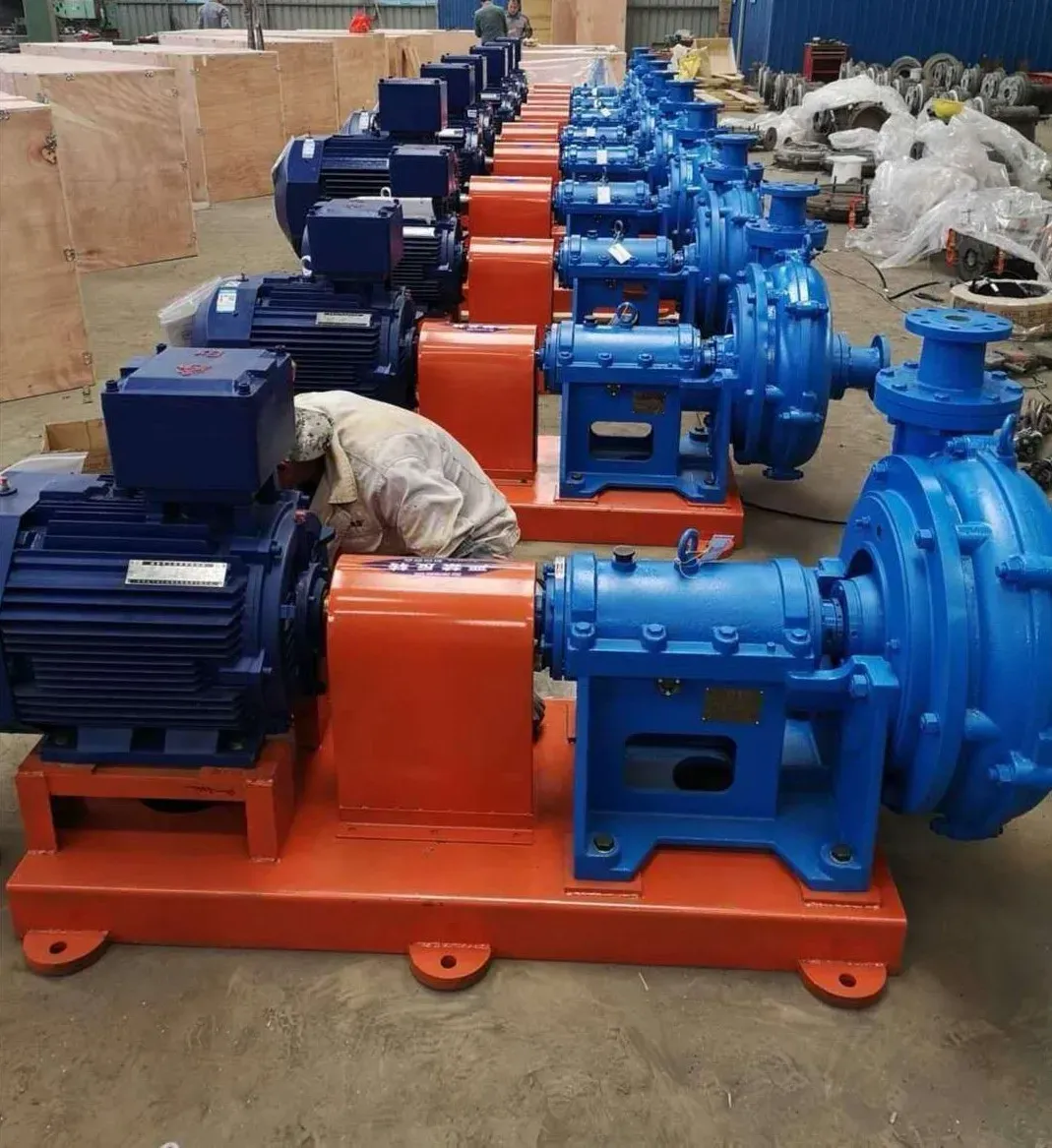Norwegian
- Afrikaans
- Albanian
- Amharic
- Arabic
- Armenian
- Azerbaijani
- Basque
- Belarusian
- Bengali
- Bosnian
- Bulgarian
- Catalan
- Cebuano
- Corsican
- Croatian
- Czech
- Danish
- Dutch
- English
- Esperanto
- Estonian
- Finnish
- French
- Frisian
- Galician
- Georgian
- German
- Greek
- Gujarati
- Haitian Creole
- hausa
- hawaiian
- Hebrew
- Hindi
- Miao
- Hungarian
- Icelandic
- igbo
- Indonesian
- irish
- Italian
- Japanese
- Javanese
- Kannada
- kazakh
- Khmer
- Rwandese
- Korean
- Kurdish
- Kyrgyz
- Lao
- Latin
- Latvian
- Lithuanian
- Luxembourgish
- Macedonian
- Malgashi
- Malay
- Malayalam
- Maltese
- Maori
- Marathi
- Mongolian
- Myanmar
- Nepali
- Norwegian
- Norwegian
- Occitan
- Pashto
- Persian
- Polish
- Portuguese
- Punjabi
- Romanian
- Russian
- Samoan
- Scottish Gaelic
- Serbian
- Sesotho
- Shona
- Sindhi
- Sinhala
- Slovak
- Slovenian
- Somali
- Spanish
- Sundanese
- Swahili
- Swedish
- Tagalog
- Tajik
- Tamil
- Tatar
- Telugu
- Thai
- Turkish
- Turkmen
- Ukrainian
- Urdu
- Uighur
- Uzbek
- Vietnamese
- Welsh
- Bantu
- Yiddish
- Yoruba
- Zulu
Telephone: +86 13120555503
Email: frank@cypump.com
Jul . 30, 2024 00:27 Back to list
Considerations for Selecting the Right Wastewater Pump for Your Treatment System Needs and Efficiency
Understanding Wastewater Pumps Importance and Functionality
Wastewater pumps play a crucial role in the management of sewage and wastewater systems. As urban areas continue to expand and populations grow, the necessity for efficient wastewater handling becomes increasingly critical. These pumps are specifically designed to transport wastewater from homes, commercial establishments, and industrial sites to treatment facilities. Understanding their function, types, and significance can shed light on why they are integral to modern sanitation and environmental protection.
What is a Wastewater Pump?
A wastewater pump is a mechanical device that propels wastewater through pipelines and helps move the water from lower to higher elevations when gravity alone cannot suffice. This is particularly important in flat terrains or when wastewater needs to be lifted from basements or lower levels of buildings. By implementing this technology, communities can ensure that their sewage systems function effectively, minimizing the risk of overflows and backups.
Types of Wastewater Pumps
There are various types of wastewater pumps, each serving specific needs based on the nature of the wastewater they handle
. The most common types include1. Submersible Pumps These pumps operate while submerged in the wastewater. They are equipped with a sealed motor that prevents damage from the liquid. They are often used for residential and industrial applications because they are efficient and capable of handling solid waste.
2. Centrifugal Pumps These pumps utilize a rotating impeller to increase the velocity of the wastewater, which pushes it through the system. Centrifugal pumps are widely used in large-scale wastewater treatment plants due to their effectiveness in moving fluids at high volumes.
3. Diaphragm Pumps This type of pump uses a flexible diaphragm to create a pumping action. They are ideal for handling viscous fluids or sludges and are often used in industries that deal with high solid content.
wastewater pump

4. Progressive Cavity Pumps These pumps consist of a helical rotor that moves fluid through a cavity. They are suitable for thick sludges and can handle waste with a high solid content, making them favorable for certain industrial applications.
The Importance of Wastewater Pumps
The primary function of wastewater pumps extends beyond just movement; they are essential for public health and environmental sustainability. Effective wastewater management prevents the contamination of water bodies, which can lead to ecosystem disruption and health hazards. Properly functioning wastewater pumps
- Prevent Overflow and Backups By maintaining consistent flow rates and removing sewage efficiently, these pumps significantly reduce the risk of overflows that can lead to environmental pollution and health crises.
- Support Treatment Facilities They are vital in transporting wastewater to treatment plants where it can be processed and purified before being released back into the environment or reused.
- Enhance Resource Recovery Advanced wastewater pumping systems can facilitate the recovery of resources from wastewater, including energy, nutrients, and water that can be reused in various applications.
Conclusion
In conclusion, wastewater pumps are an indispensable part of modern sewage and wastewater management systems. As populations rise and urbanization continues, the demand for efficient and reliable wastewater pumping solutions will only increase. Investing in advanced pumping technologies not only safeguards public health but also supports environmental sustainability. Proper maintenance and upgrade of existing systems will ensure that wastewater is handled effectively, minimizing potential hazards associated with improper sewage management. Through understanding and prioritizing the efficiency of wastewater pumps, communities can contribute to a cleaner and healthier environment for future generations.
-
Heavy-Duty Mining Sludge Pumps - Wear-Resistant Slurry Handling
NewsAug.02,2025
-
Horizontal Split Case Pump with GPT-4 Turbo | High Efficiency
NewsAug.01,2025
-
ISG Series Pipeline Pump - Chi Yuan Pumps | High Efficiency, Durable Design
NewsAug.01,2025
-
Advanced Flue Gas Desulfurization Pump with GPT-4 Turbo | Durable & Efficient
NewsJul.31,2025
-
ISG Series Vertical Pipeline Pump - Chi Yuan Pumps | Advanced Hydraulic Design&Durable Construction
NewsJul.31,2025
-
ISG Series Vertical Pipeline Pump - Chi Yuan Pumps | Energy Efficient & Low Noise
NewsJul.31,2025










